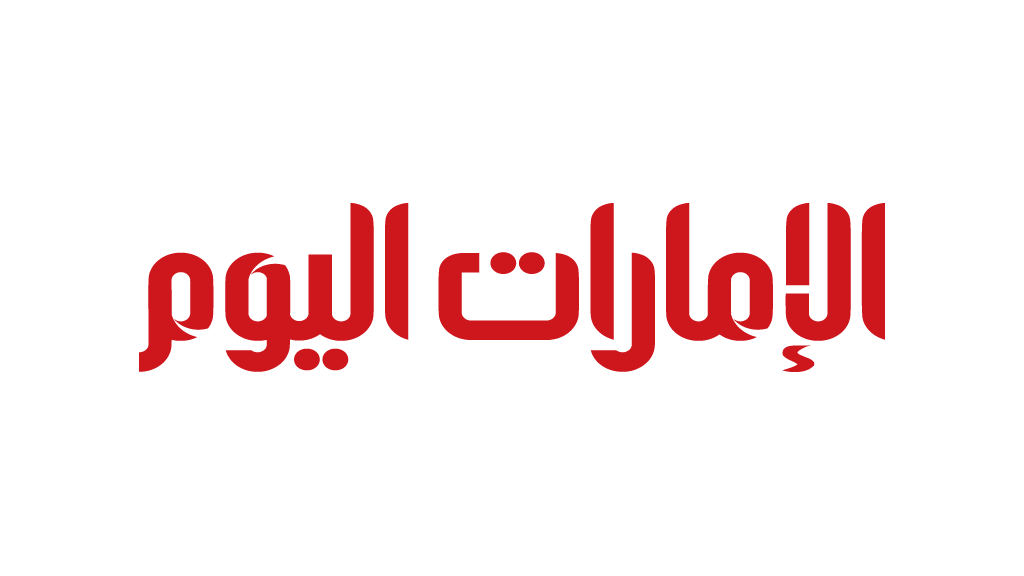The idea of leaving has been a fantasy of Habib Rahhal since 2018, after he was tired of the turbulent political situation in Lebanon. But the straw that broke the camel's back and tightened the screws came at the moment when it was unable last year to withdraw funds from the bank due to a national financial crisis.
Rahal stepped up his job search efforts abroad until he found a job in Germany.
Digital product designer left Beirut for Berlin this month, armed with insistence on building a new life and dreaming of a better future, to join a growing wave of Lebanese who have been driven by the crisis to travel abroad.
"Traveling is usually a disturbing idea, so people try to persuade the traveler to back down from his decision, but in Lebanon, on the contrary, people bless the travelers these days," said Rahhal, 27, as he packed his bag.
He explained, "A very strange point in the country here (here) .. It is usually if someone falls (traveler) to be uncomfortable ... or you try to convince him not or so ... In Lebanon, you become in the heart ... The first thing they say to you is congratulations that you are tired of the country .. Even if you leave your companions and leave people to me every day, you will be with us .. Even for people who are related to you with a relationship .. The same news will be that it has two dimensions, a disciplined man who is discouraged ... but the priority is from whom. "
The economic crisis in Lebanon is widely seen as the most severe and most severe since independence from France and has worsened any crisis that the country suffered from during the 1975-1990 civil war.
The fire of the crisis remained under the ash for a long time, until it exploded to the surface and peaked last year when the flow of capital slowed to the country and sparked protests against the ruling elite, which is blamed for government corruption and mismanagement for decades.
Banks imposed tight restrictions on withdrawals and transfers abroad, while the lira fell, companies were laid off and wages were reduced. The economy shrank by 7% last year, according to an estimate by the former economy minister.
While there is no spotlight at the end of the tunnel, many think about where to go. Many Lebanese, including some of the highly skilled, have second passports, making it easier for them to leave.
Rahal was dreaming of change and participated in the protests that broke out in October when the heavily indebted government tried to impose a tax on WhatsApp app calls. However, he did not include the scarves he wore during the demonstrations.
He said that he folds this page and "puts everything behind me."
His brother already lives in Germany and his father is in Nigeria. His sister is applying for immigration to Canada and his mother also wants to leave.
While saying goodbye to him at the airport, Rahhal's friend said that she intended to catch him in Germany. "Our future will be righteousness, it will not be easy," said Dana Nehmeh, who is 27 years old. "There is nothing in our possession ... We will leave the country and it will be happy ... No one will leave its family and companions, and it will be happy unless it is necessary."
Lebanon is already well-known for its large diaspora communities in countries such as Brazil, Canada and Australia in addition to some African countries. Many members of these communities hail from Lebanese descendants who have fled previous crises or conflicts in the region.
Nassib Gabriel, a chief economist at Byblos Bank, said that migration is part of the history of Lebanon, adding that there are no official figures on migration.
He said that the concern is that young people, or some of them, see that they have "no future in this country."

